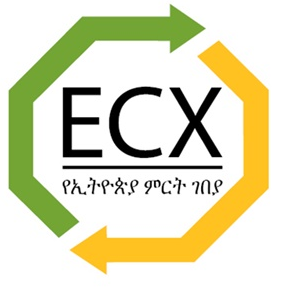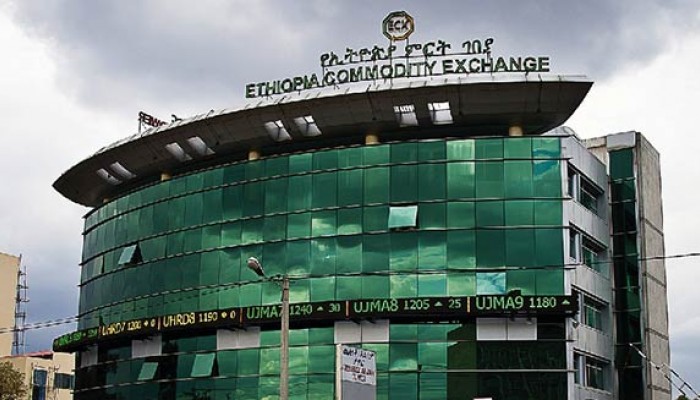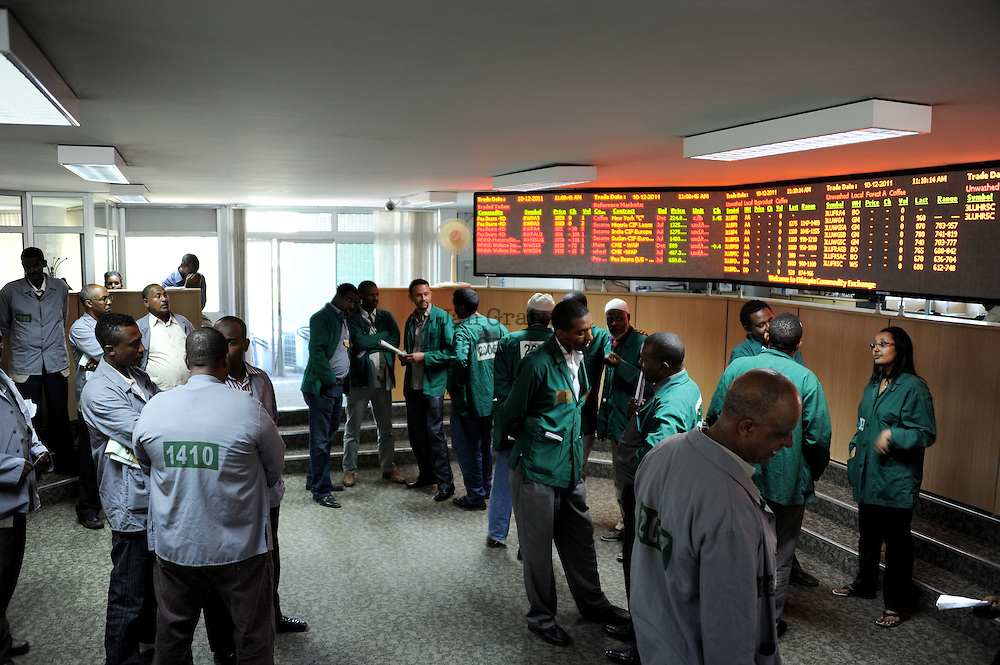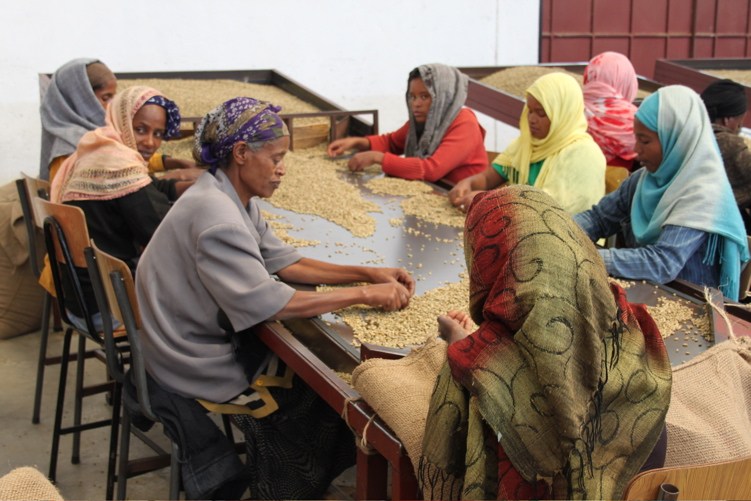The Ethiopian Commodity Exchange & Heirloom Coffee: How the Ethiopian Coffee System Works
- 30 July 2018

Ethiopia is the birthplace of coffee and today has over 1.1 million farmers producing coffee. The processing of coffee cherries purchased from these farmers is controlled by various cooperatives and government owned mills, most of which are located in the south and west of the country. Ethiopian coffees are considered some of the best coffees in the world, which is in part due to the rich volcanic soil and optimal growing conditions that allowed coffee to first grow in Ethiopia. Which begs the question: Why don’t we know more about the varietals produced by this incredible country? Why do we call it Ethiopian Heirloom?
Every coffee growing country in the world has their own systems for processing, grading, trading and purchasing. Depending on the intensity of the presence of government bodies, NGO’s and cooperatives, these systems can be economically advantageous or create more efficient systems for getting produce to market. One drawback of integrated systems for processing and marketing produce can be traceability, as is the case in Ethiopia.
Ethiopian coffee is often referred to as Ethiopian Heirloom (primarily in the foreign markets, rather than local markets), as information about specific farms, the farmers themselves and the varietals grown on those farms is often impossible to get. This is in part due to the natural cross-pollination that occurs across Ethiopia, producing over thousands varietals across the country. Ethiopian Heirloom coffees are primarily a mix of the native Typica hybrids, Bourbon varietals and new varietals of old strains of the Coffea Arabica species, and currently grows wild in the natural forests in south-west Ethiopia. This particular type of coffee can also be grown in lightly cultivated gardens, usually organically grown and managed.
It also due in part to the systems used to process, market and sell green beans through the Ethiopian Commodity Exchange. The Ethiopian Commodity Exchange (ECX) was established in 2008 by Dr Eleni Zaude Gabre-Madhin (an Ethiopian born and US educated economist who has worked for the World Bank and the United Nations) and is based in Addis Ababa. One of its primary commodities is, of course, green coffee which is traded into the foreign and domestic markets through the ECX.



According to the ECX official website, “The ECX design is unique in that it integrates the entire "eco-system" related to the market, spanning the central trading system, warehouse delivery centers, product grade certification, clearing banks, an arbitration tribunal, a market information system linking rural sites, remote electronic trading centers, and a secure data center to manage membership and market information. An over-arching legal framework and a government regulatory agency ensure the viability of this entire integrated environment. This integration enables a country such as Ethiopia, where none of the individual components may exist as stand-alone institutions, to mutually support and reinforce the ECX market objectives.”


While this system has received praise it does make understanding the intricacies of coffee varietals in Ethiopia harder to ascertain. Once the cherries have been purchased by a mill (which often buys from hundreds of farms from nearby growing regions), mixed during the wet or dry processing, then sent to the ECX, specific information about the growers and varietals are often impossible to trace.
If you’d like to learn more about single origin coffees and the industry, and get coffee to your door, check out our Crema Trekkers coffee subscription.
Image sources:
https://jangrarup.photoshelter.com/image/I00002vJPPU0FtzU
http://preciseethiopia.com/ecx-traded-1-3-billion-worth-coffee-sesame-and-pea-beans/
https://en.wikipedia.org/wiki/Eleni_Zaude_Gabre-Madhin
http://etbuna.com/sp_faq/ecx-ethiopian-commodity-exchange-role-ethiopian-coffee-industry-2/
http://www.squaremileblog.com/2011/11/18/ethiopia-november-2011-3/



